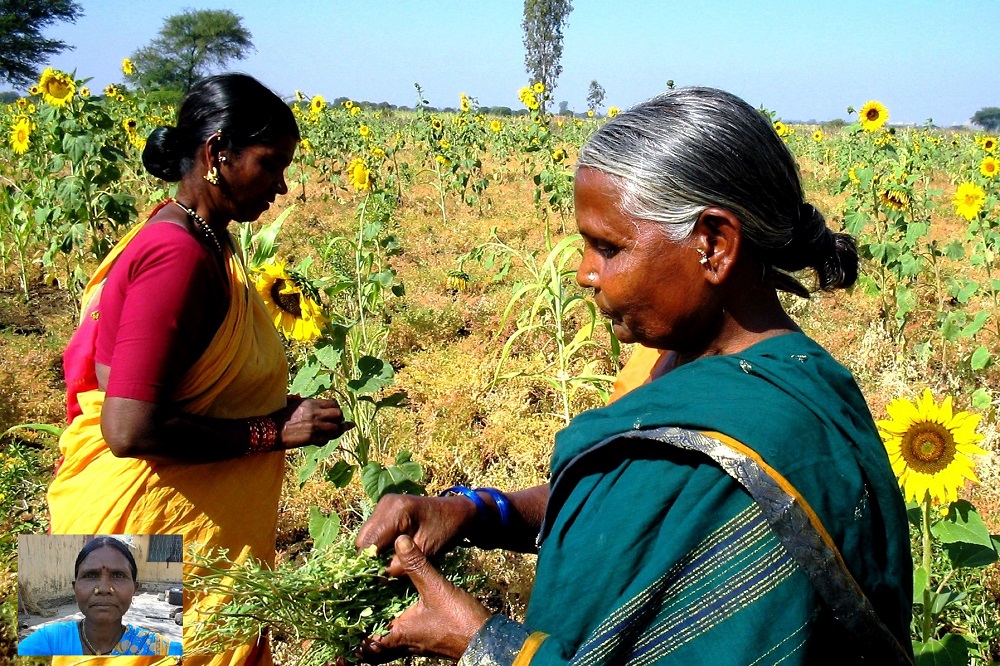Have you ever marveled at the abundant food diversity in the Indian cuisine? Not just the techniques & dishes but even the ingredients used in every recipe are on an average a mix of 15 to 20 different food grains, herbs, fruits & vegetables. Is this variety not starkly different from the western countries where most dishes are cooked with a maximum of 5 to 8 ingredients? Any idea what could be the reason for such extensive food diversity? The answer is simple – Our Motherland, India is a country rich in terms of Biodiversity.
We are blessed with a varied climate across lands ranging from the Himalayan Snowy Mountains to the tropical rain forests of the Northeast; the arid deserts of Rajasthan to the marshy Sunderbans of West Bengal. It is thus no surprise that we are a nation just as diverse in its staple food, native plants & traditional medicines.
And believe it or not, the reason behind the biodiversity conservation over the ages in India has been attributed to the consistent efforts & work of the various tribes.
The Khasi tribes in North East, for example, are known to have aggressively conserved the biodiversity of their lands by protecting the emerald green forests from developers & outsiders who do not understand the delicate balance of nature. Similarly, the Seed-Mothers or “Bihana-maa” of the Koya & Kondh tribes in Odisha have been the strong pillars of conserving food diversity by identifying & conserving seed varieties. The seed-mothers also actively collect varieties of seeds from nearby farmers’ in exchange for some of their seeds, to maintain the biodiversity.
These guardians of the seed have also been instrumental in advocating the use of traditional varieties of seeds to farmers across villages. One such seed-mother, Jamuna Kirsani, is an Adivasi from the Malkangiri district in Odisha & is the caretaker of more than 160 varieties of rice & 120 plus varieties of legumes, tubers, pulses, oil seeds, root vegetables & domesticated wild food. Being the seed mother of her village, Jamuna is the manager of annual crop plan.
Just like Jamuna, many women across the tribes are known for their abundant knowledge of the food diversity & crop protection. These women together have been able to reach more than 1500 families in their quest for Biodiversity conservation. Along with maintaining the stock of their seeds, the seed-mothers also promote organic farming & pest control techniques among the farmers.
Interestingly, through repeated farming cycles, these seed mothers have developed a stock of flood resistant & pest resistant varieties of seeds. They encourage the farmers to adopt organic manure & herbal pest control liquids to keep the fertility of their soils intact & become independent of chemical fertilizers & pesticides.
The efforts done by these uneducated seed-mothers at the grass-root level are commendable & can be followed if you also donate your sweat in creating small community kitchen gardens in your housing society. We can also assist their mission to conserve food diversity by preferring the use of diverse varieties of food-grains, staples, vegetables & greens in our daily meals. Research has also proved that eating the varieties in particular months of the year actually enhances our immunity & health.
Let’s become the driving force in food diversity & conservation by diversifying our traditional eating habits & helping conserve the food variety.
Citizens can donate their sweat by creating a demand in the market for diverse foods in an attempt to help in the biodiversity conservation. Lastly, it is said that we become what we eat. India is another name of biodiversity & we proudly represent the food diversity of our ancestors!






